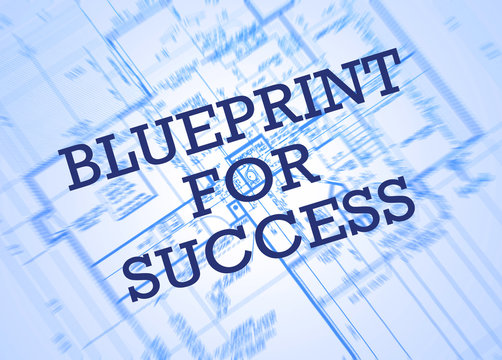The Dance of the Horsemen
- Deena Terrell, LCSW, BC-TMH

- Aug 3, 2023
- 2 min read
Two of the Four Horsemen—defensiveness and criticism—can commonly show up together in relationships.
If you or your partner gets defensive and starts deflecting perceived attacks during an argument, or you start to criticize or attack each other as a way to protect yourself, you may be experiencing the dance between defensiveness and criticism.
But how exactly do they show up?
Criticism expresses negative feelings or opinions about another person’s personality or character. Criticism often contains words like “you always” or “you never.”
Example of criticism: "You never help me around the house. Why are you so lazy? What’s wrong with you?"
Defensiveness is typically a response to criticism. When a person feels unjustly accused, they look for excuses so that their partner will back off. One common form of defensiveness is the 'innocent victim' stance, where the defensive partner sends the message “why are you picking on me” or “nothing I do will please you.” Defensiveness also goes hand in hand with blame. The defensive partner may reverse blame in an attempt to make it the other partner’s fault.
These pesky horsemen can escalate conflict and even pave the way for the other, far deadlier, horsemen. Luckily, there are antidotes to each!
The antidote to criticism is the gentle start-up. Begin the conversation with “I feel,” leading into “I need,” and then respectfully ask to fulfill that need. There’s no blame or criticism, which prevents the discussion from escalating into an argument.
The antidote to defensiveness is to accept responsibility for your role in the situation, even if only for part of the conflict. For example, "I should have called you when I was going to be late, I know it makes you worry." From there, you can work towards a compromise and have a real dialogue with your partner. You become a team working through the problem together.
Need help getting criticism and defensiveness under control in your relationship? Register for our upcoming webinar, The Criticism Defensiveness Dance, where you’ll learn how to de-escalate an argument and transform your conversations into productive ones with positive outcomes.



%201_6_Provider.png)



Comments